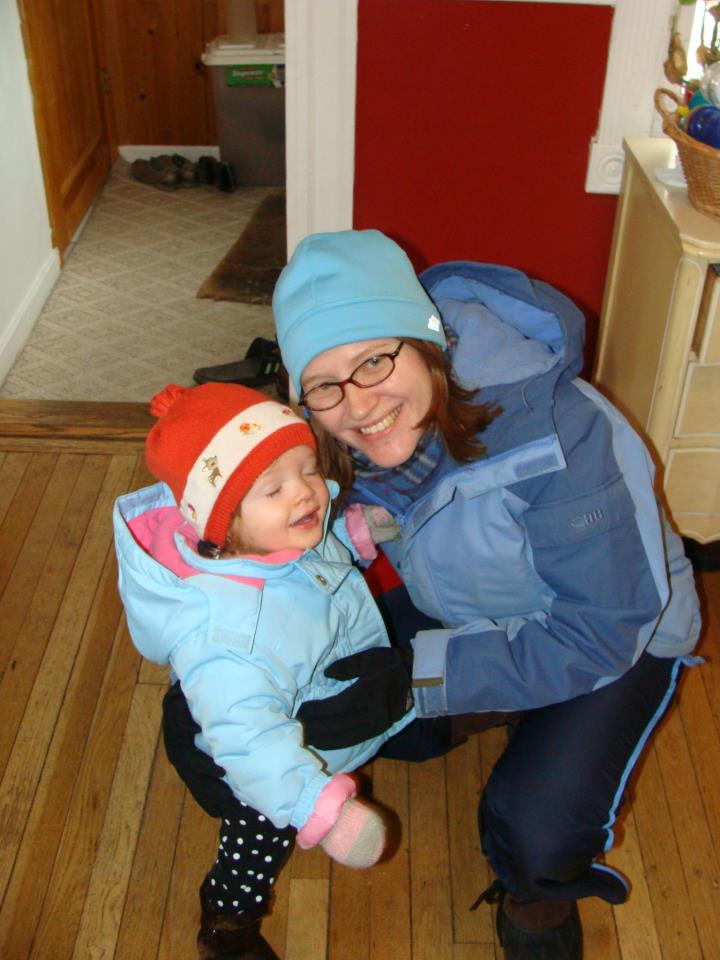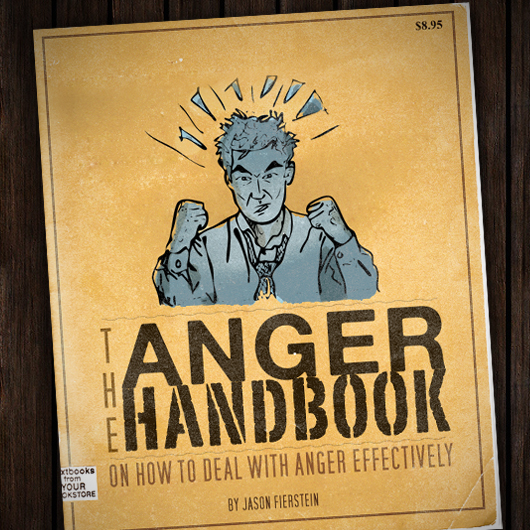The following is a guest post from Jessica Lavery Pozerski, a friend from the information security industry. She was most recently PR manager for security vendor Sophos, and is about to take on a new role handling PR for Vericode. She hails from Billerica, Mass.
Anxiety is something I’ve always suffered with. Even as a child I would become get nervous about a test or walking to school, seemingly out of nowhere.
This isn’t normal childhood fear I’m talking about. I would imagine horrible scenarios in my head, like what if a man in a van tried to grab me on the way to school? Or what if a car swerved onto the sidewalk and hit me or my siblings while we were walking?
After imagining in excruciating detail how everything could go wrong, I’d begin devising a strategy for avoiding the tragedy. I’d come up with a plan for escaping the kidnapper or saving my younger brother and sister from the oncoming traffic.
“What if” was a big part of my childhood vocabulary, and it has remained a consistent theme for me in adulthood. Even today I imagine terrible scenarios and then come up with a plan for fixing the problem. Go ahead, ask me what my plan is for getting me, my dogs, my daughter, my husband and my brother out of the house if there is a fire or intruder. Some might call this behavior obsessive (it is); I call it be prepared (because I’m a little crazy). I’m a planner, for good things and bad, and my wonderful husband has learned to love this part of me, even if it sometimes drives him nuts.
Given my history of imagining horrible scenarios, I was not surprised to read Shanon Cook’s “When Motherhood Becomes Nightmare” on CNN the other day. It is a great article and one that I could relate to. Since having a child a year and a half ago, I too have dealt with this sudden and urgent feeling of dread that something horrible was going to happen to my child.
A year and half after her birth, this still happens, but I refuse to let my crazy hurt my daughter. I don’t want my anxiety or fears to inhibit her from living a full and exciting life.
So how do I do this when I am terrified that she will slip in the tub and knock out all her teeth or that she will lose an eye when she falls on the playground? Here are a few of my strategies that others may find helpful:
- I remind myself that I made it through childhood without any major injuries. I climbed trees, used a wagon as a go-cart to race down our hilly street, sledded down steep hills and had lightsaber fights with sticks. And I’m still here. I don’t want my daughter to be reckless, and I’ll protect her from real dangers, but I have to let her climb up that chair herself.
- I tell myself falling will teach her how to get up again. One of the worse parts of having persistent anxiety is that it stopped me from taking risks. I was too afraid to fail. As a result, I couldn’t accomplish anything great. It wasn’t until I stopped telling myself that my world would end if I failed that I was able to take some risks. I have failed and I’ve moved on; so will she.
- I’ve seen the results of what happens when parents do everything for their children, and it is scary. Kids who never move out, who can’t hold down a job, who are absolute slobs and don’t know how to take care of themselves, pay bills, do laundry, and so on. That won’t be my daughter. But if I want her to be independent, I have to let her do things herself now.
And if all of that fails, I just walk away — and let her father watch while she does something anxiety inducing. 🙂





